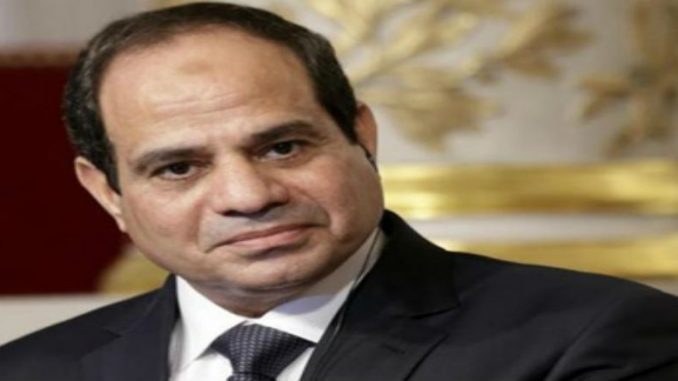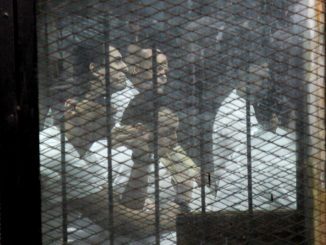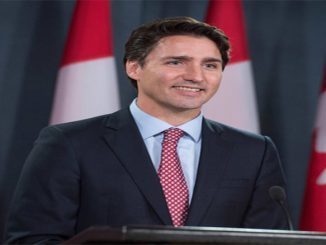
Two Republican U.S. senators slammed Wednesday a law recently passed by Egypt’s Al-Sisi as “draconian” for imposing heavy restrictions and effectively banning the work of non-governmental organizations – the latest among measures cracking down on dissent in the country, according to Associated Press.
Republican Sens. John McCain and Lindsey Graham urged Abdel-Fattah Al-Sisi to bring the law on NGOs in line with international standards and the Egyptian constitution.
They said in a statement,”Congress should strengthen democratic benchmarks and human rights conditions on U.S. assistance for Egypt.”
It is worth to mention that Egypt is the second largest recipient of military aid from the United States after Israel, receiving about $1.3 billion annually.
Last April, President Donald Trump met with al-Sisi in the White House,but he didn’t mention Egypt’s human rights record in the post-meeting statement, signaling more tolerance as opposed to the Obama administration, which kept human rights higher up in its agenda with Egypt.
The new NGO law was internationally condemned and it also raised many concerns over the human rights conditions in Egypt.
In this context,the United Nations human rights chief urged Egyptian officials to repeal a new law on non-governmental organizations, saying that it “further tightens the noose” around NGOs trying to hold the Government to account for human rights obligations.
UN High Commissioner for Human Rights Zeid Ra’ad Al Hussein said,”The crucial function of these NGOs – to hold the State accountable for its human rights obligations – has been severely hampered already through asset freezes, travel bans, smear campaigns and prosecutions.”
The European Union said the law is “likely to directly affect” its assistance, which relies on cooperation with NGOs.
Amnesty International said the law is a “catastrophic blow” and could be a “death sentence” for human rights groups in the Mideast country.
Similarly, Germany’s Federal Government Human Rights Commissioner, Bärbel Kofler, expressed his concern about the law.
On the other hand, Egypt defended the law, saying it was drafted and passed in accordance with constitutional provisions. The Foreign Ministry said the law “supports and empowers civil society.”
The Law 70 of 2017, which was enacted on 24 May, requires all NGOs to work in line with the Government’s development and social welfare plans or face jail time.
According to the law, local and international non-governmental organizations acting within Egypt should “agree with the state’s plan, development needs and priorities,” and to receive permission from a special regulatory committee before carrying out and publishing any studies or surveys.
Groups found violating these rules could face up to a maximum of five years in prison and up to $55,000 in fines, according to the new law.
The latest law replaces Law 84 of 2002, which Mr. Zeid said was “already repressive.”
Since al-Sisi came to power in a military coup in 2013, hundreds of civil society groups were dissolved or had their assets frozen under this legislation.
Mr. Zeid said, the revised law “places such tight restrictions on civil society that it effectively hands administration of NGOs to the Government.”
He added that while national security is a consideration in Egypt, “muzzling” civil society is not the solution.
He warned,”Civil society and media oversight of the Government are essential elements of a strong and stable society, where grievances can be openly aired. Muzzling dissent can only lead to further instability.”
Al-Sisi’s military regime has detained, charged, or sentenced, at least 41,000 people, according to estimates compiled by Human Rights Watch.
In 2013, al-Sisi also enacted anti-protest legislation, which required demonstrators to give at least three days warning for gatherings of over 10 people and enabled security forces to postpone the demonstration as they saw fit.
At least 25 journalists continue to be detained in Egypt’s prisons and detention centers, according to the Committee to Protect Journalists (CPJ), making Egypt one of the worst countries on Reporters Without Borders’ press freedom index along with China.



